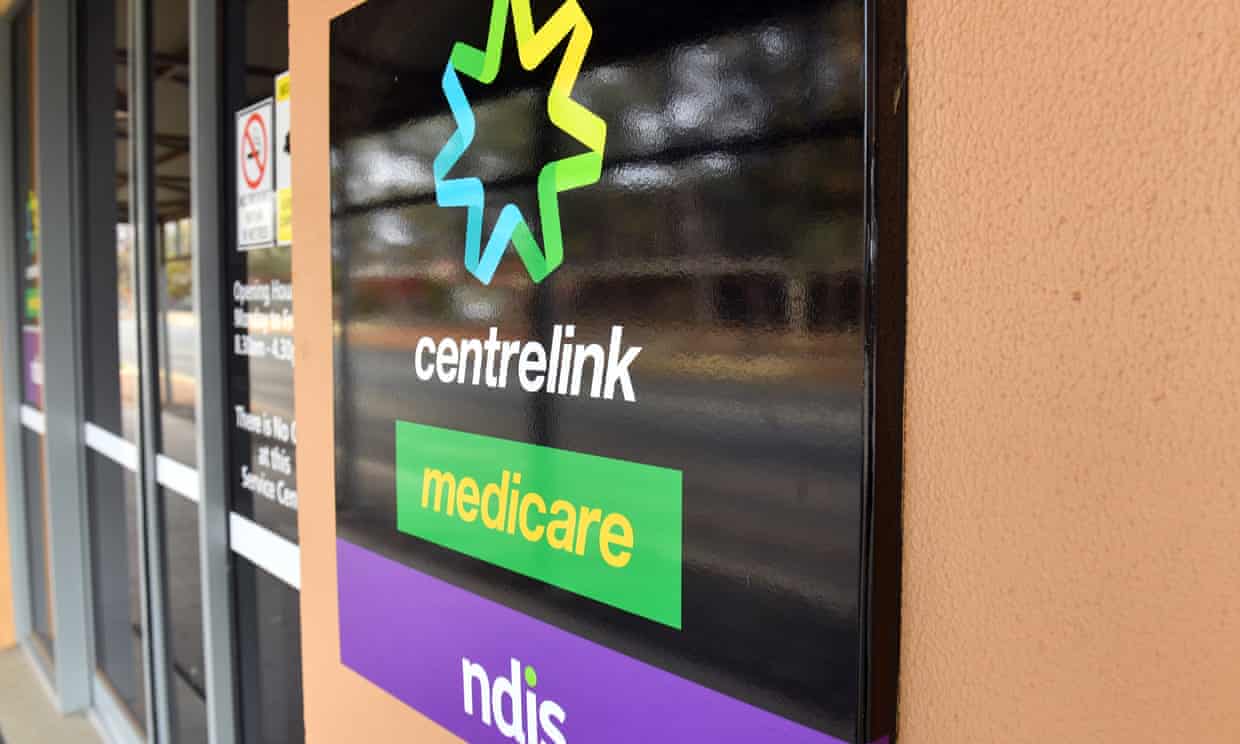
Cashless welfare card
Welfare recipients facing five-month delays to exit cashless debit card scheme
Data shows that of the 859 application lodged since September, only 30 have been accepted
by Luke Henriques-GomesA cashless debit card “opt out” scheme introduced last year to allow people to exit the controversial program has been plagued by long delays, leaving participants trapped on income management.
Data provided to the Senate estimates process reveals the Department of Social Services is taking an average of five months to process claims from participants proving they are financially responsible.
Of 859 applications lodged since September, 823 remain under consideration. Only about 30 claims have been accepted across all the trial sites, with a smaller number rejected.
More than 200 people who have moved out of the cashless debit card zones have applied to be released from the trial, but the department is yet to approve one of these claims.
The data was provided in response to questions from the Greens senator Rachel Siewert, a long-term critic of the policy, who said she was “very concerned” by the delays.
“There are some people who were trying to put their name down on the list from July, it’s now the end of May and we’ve only seen a handful of people who’ve come off. It’s not good enough,” Siewert told Guardian Australia.
Earlier this month the government extended the trials until the end of year, using special powers granted during the pandemic that allow changes to social security law without the support of parliament.
The trials – in Ceduna, South Australia, the East Kimberley and the Goldfields regions of WA, and the Bundaberg and Hervey Bay regions of Queensland – quarantine up to 80% of a welfare recipient’s payments onto a debit card that blocks alcohol and gambling purchases, and cash withdrawals.
But critics have said the policy causes stigma. Some of the 12,000 cardholders have complained they are left without enough cash to manage their finances and that the Indue-operated cards are plagued by technical problems.
The “opt-out” process was introduced by the government in July last year as a compromise to win Labor’s support for legislation to expand the trials for 12 months.
It was added to the existing “wellbeing exemption”, which has also been heavily criticised, Guardian Australia reported last year.
At the time, the deal was criticised by Siewert, who argued the opt-out policy was likely to be unworkable and the trial should instead have been scrapped.
Labor’s social services spokeswoman, Linda Burney, whose amendment established the “opt out” process, also criticised the long delays, saying they went against the “spirit” of the legislation passed last year.
“Labor secured this amendment to enable those who do the right thing to exit this arbitrarily punitive card,” she said.
“People should either be deemed exempt or not. It shouldn’t be taking this long. This lengthy process goes against the very spirit and objectives of the opt-out process.”
To exit the cashless debit card program, welfare recipients must show they can “reasonably and responsibly manage” their personal and financial affairs by providing bank statements, rental or housing information and school attendance records for those who have children.
They must also undertake an interview with the Department of Social Services.
Siewert said the application process was overly complicated and criticised some of the decisions made by the department to reject “opt-out” claims.
She said some people had been told they had been rejected because their card history showed declined transactions, while others who had moved house had been told they had “unstable accomodation”.
Earlier this month the government announced that people who applied for welfare payments during the coronavirus pandemic would not be placed on the card.
Asked about the delays, a Department of Social Services spokesperson said the individual nature of each claim and the need for additional evidence to be provided could impact “the timing of assessing applications”.
“Factors considered include the interests of children, convictions or imprisonment, risk of homelessness, and the health and safety of the individual and community.”